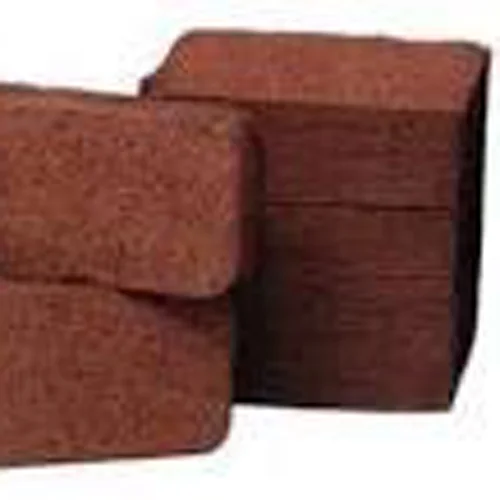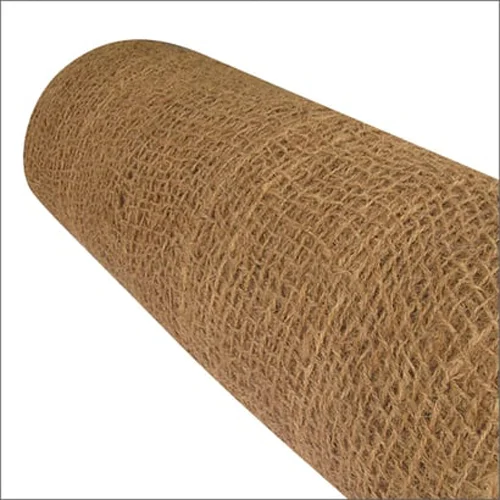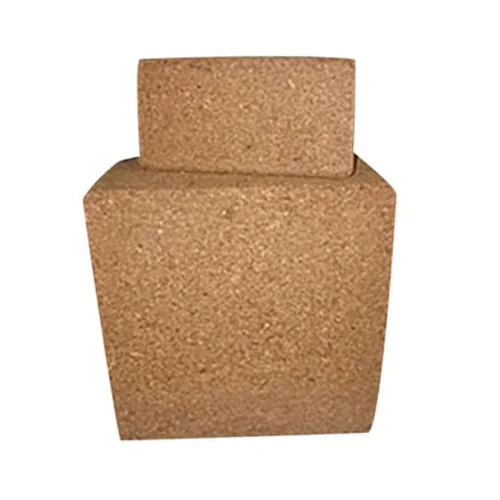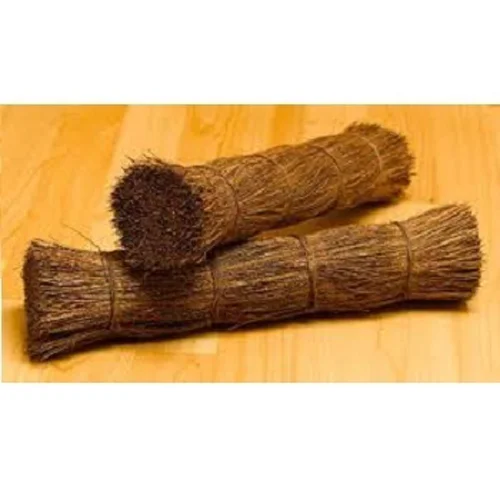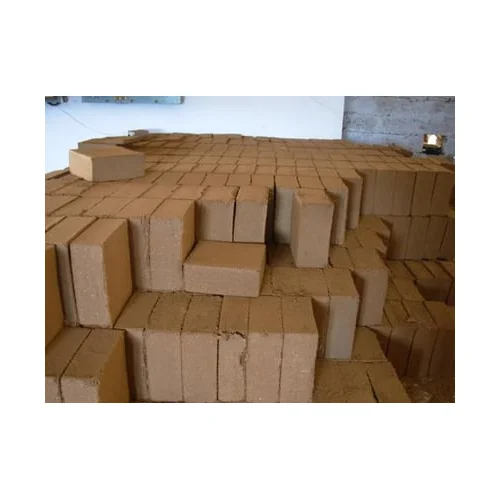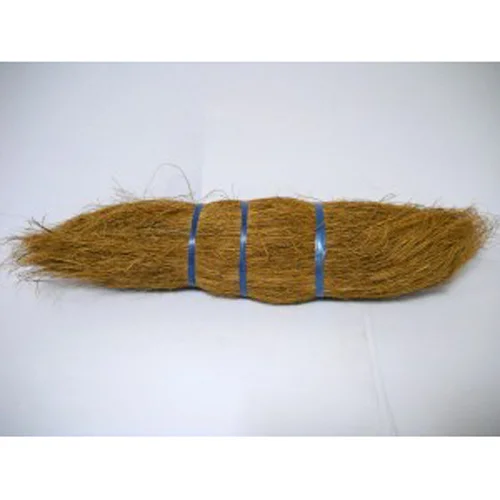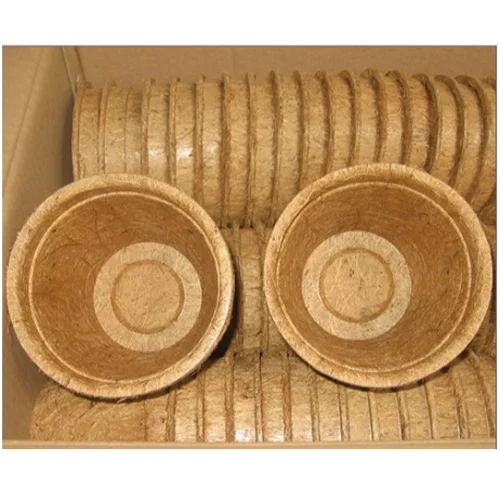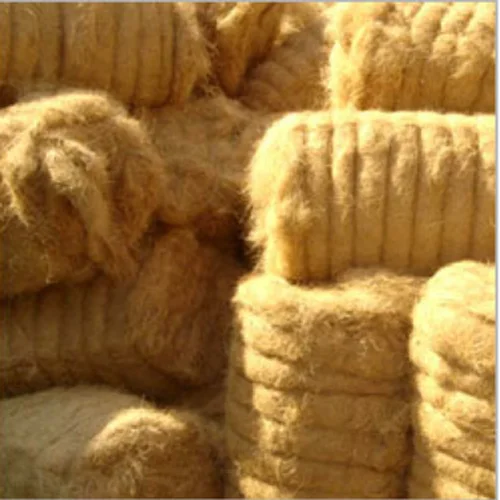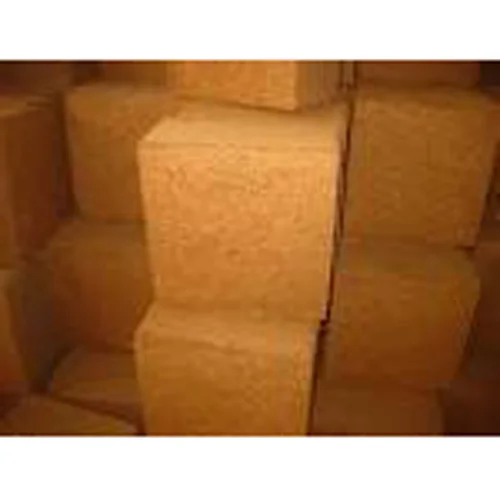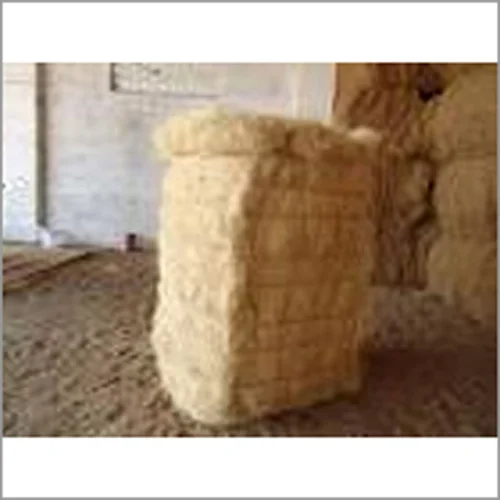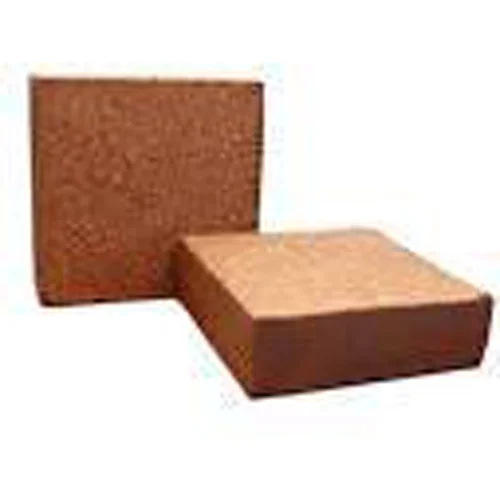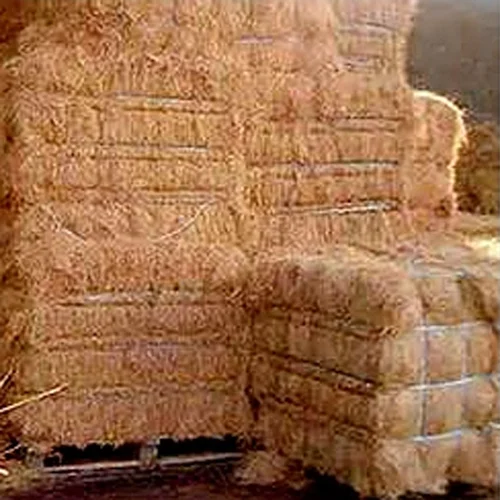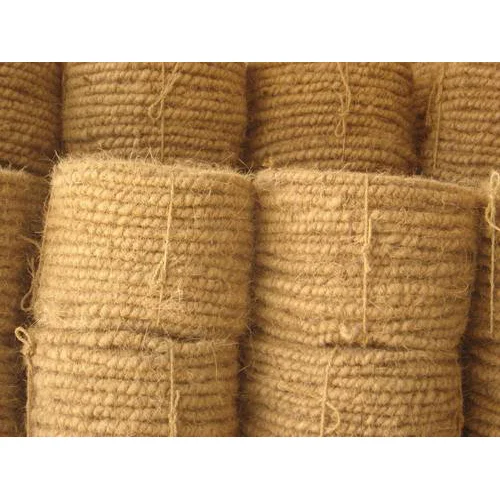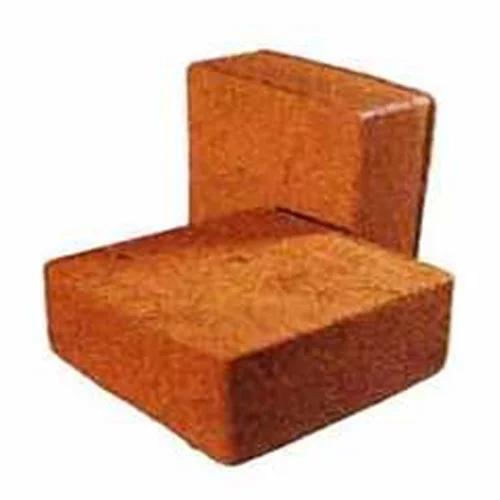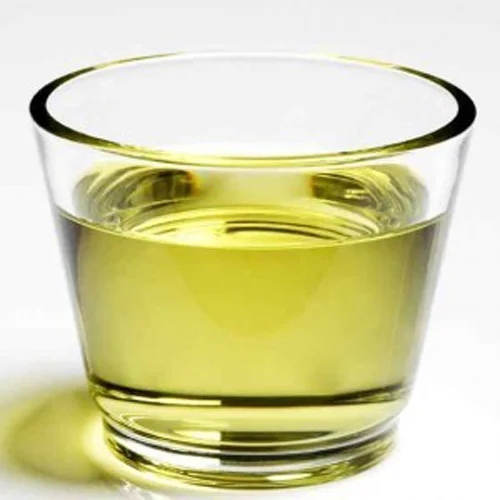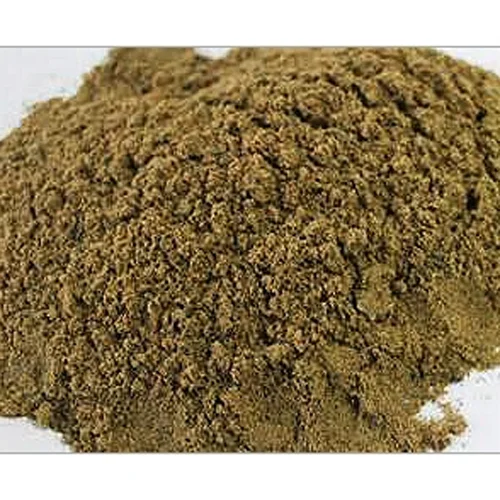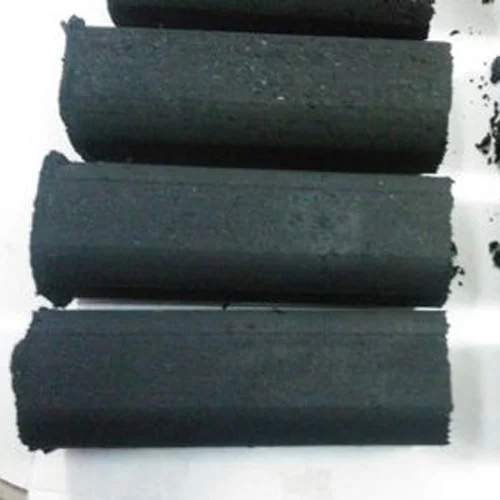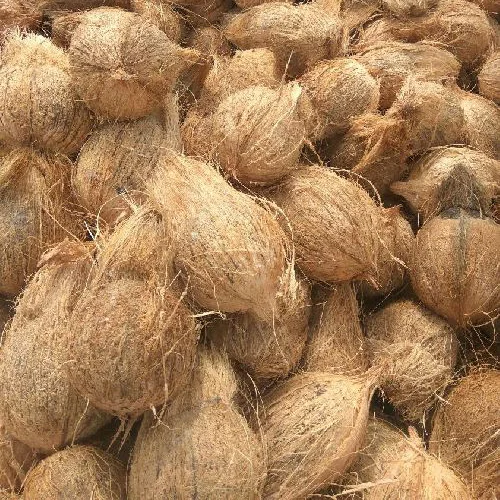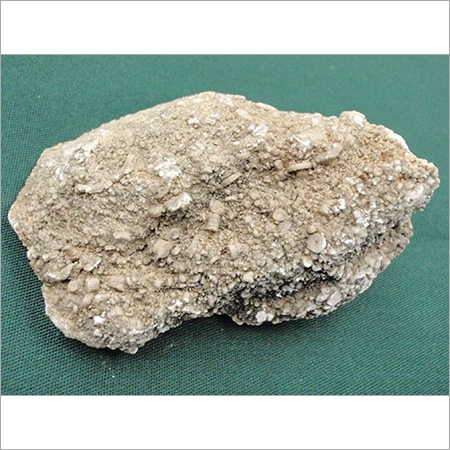Coco peat briquettes, also known as coir pith or coco coir, are a compressed and dehydrated block made from the fibrous material found in coconut husks. Coconut husks are the outer layer of the coconut fruit, which are a natural byproduct of the coconut industry. Coco peat briquettes are a popular alternative to traditional peat moss for gardening and horticultural applications, as they are a renewable and sustainable resource.
The process of making coco peat briquettes involves soaking the coconut husks in water to soften the fibers, then grinding and sieving the material to create a fine, consistent texture. The fibrous material is then compressed and dehydrated to create a dense block that is easy to handle, transport, and store.
Coco peat briquettes have a range of benefits for gardeners and horticulturists. They are naturally high in lignin and cellulose, which provides a stable structure for plant roots to grow and anchor in. They are also highly absorbent, holding up to 10 times their weight in water, which helps to maintain moisture levels in the soil and prevent water from evaporating too quickly. Coco peat briquettes also have a neutral pH level, making them suitable for a wide range of plants.
In addition to their horticultural uses, coco peat briquettes have a range of other applications. They can be used for animal bedding, as a fuel source, and as a substrate for mushroom cultivation. Coco peat briquettes are a sustainable and eco-friendly alternative to traditional peat moss, which is often harvested from sensitive wetland ecosystems.
Overall, coco peat briquettes are a versatile and sustainable resource that offer numerous benefits for gardeners, horticulturists, and other industries.


